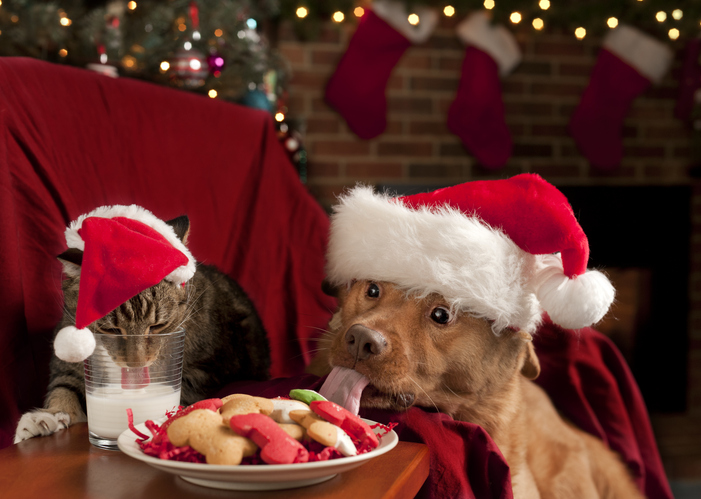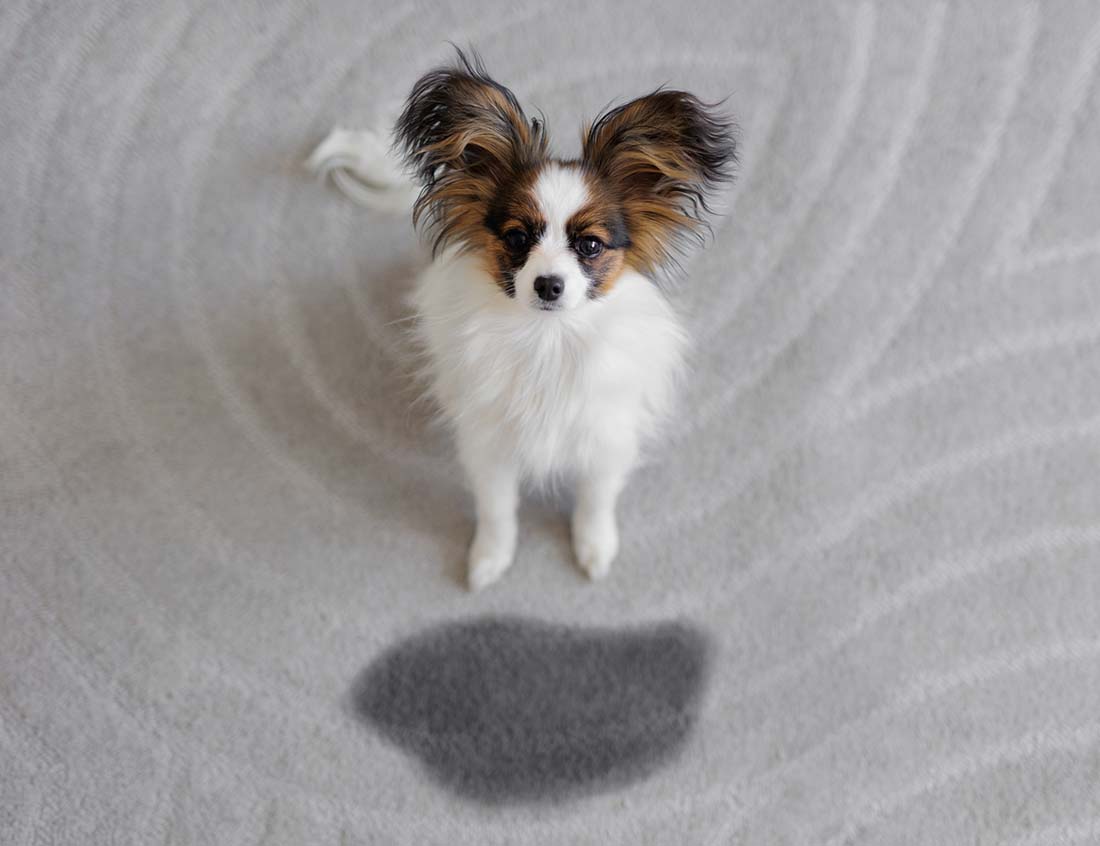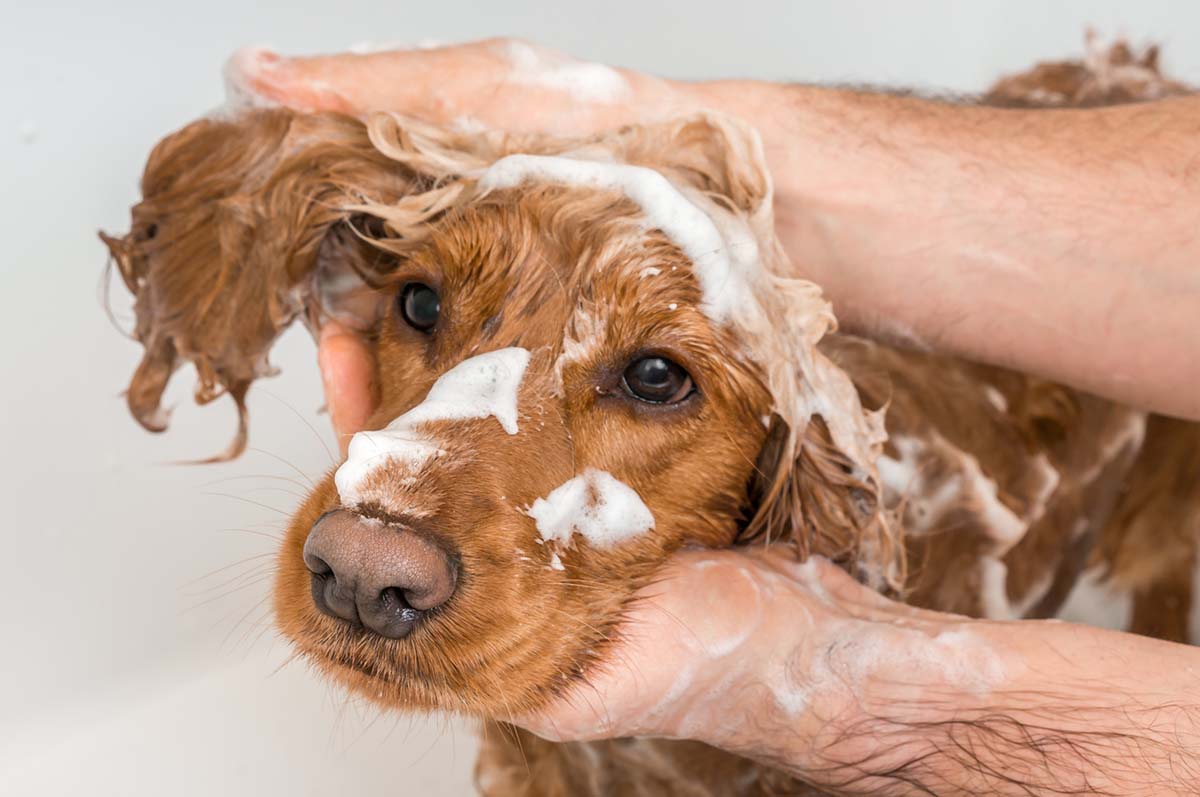Don’t Let Your Pet Fall Victim to Holiday Dangers
As the holidays approach, pet owners must be especially vigilant when it comes to our 4-legged family members.
As the holidays’ approach, pet owners must be especially vigilant when it comes to our 4-legged family members. Typical holiday foods and decorations can present a minefield of dangers to your pet. Here are some warnings issued by veterinarian Dr. Oscar Chavez, BVetMed, MRCVS:
TRADITIONAL HOLIDAY FOODS
The pancreas is a small digestive organ that helps pets digest fat and other things. Feeding your pets fatty holiday foods that can send them to the veterinary hospital with acute pancreatitis (inflamed pancreas). If left untreated, your pet may not survive this preventable occurrence.
CHOCOLATE AND OTHER TREATS
Chocolate contains theobromine and caffeine, which can be potent stimulants to pets, causing vomiting, diarrhea, agitation, increased heart rate, tremors, seizures, and even death. While dangerous to all animals, dogs are 5 times more likely to suffer the ill effects of chocolate than cats. The darker the chocolate the greater the danger and the smaller the dog the more susceptible they are. Other no-no’s? Raisins and grapes can cause kidney failure while gum, mints, candies, and even some peanut butter contain xylitol, an extremely potent and potentially deadly ingredient.
ALCOHOL
Some pet owners find humor in allowing their pets to drink alcohol and watching them get tipsy and exhibit the signs of being drunk. Bad idea as alcohol, which can even be found in foods like rum cake or candies, can poison your pet and even be fatal.
HOLIDAY PLANTS
While you may have heard that consuming poinsettias are dangerous to your pets, these plants are relatively harmless. You do need to be much more concerned about mistletoe, holly, lilies, laurels, and amaryllis. These plants are common during the holidays. Clinical signs of toxicity can vary from vomiting and diarrhea to extreme lethargy, weakness, convulsions, or death. The list of poisonous plants can be long, but the ASPCA provides a good resource: aspca.org/pet-care/anima….
ORNAMENTS
Broken ornaments can cause injuries and ingested ornaments can cause intestinal blockage or even toxicity. Keep any homemade ornaments, particularly those made from salt dough or other food-based materials, out of reach of pets.
TINSEL & DECORATIONS
Their shiny appearance can prove tempting for pets to eat. Consuming them can cause intestinal blockages, sometimes requiring surgery.









